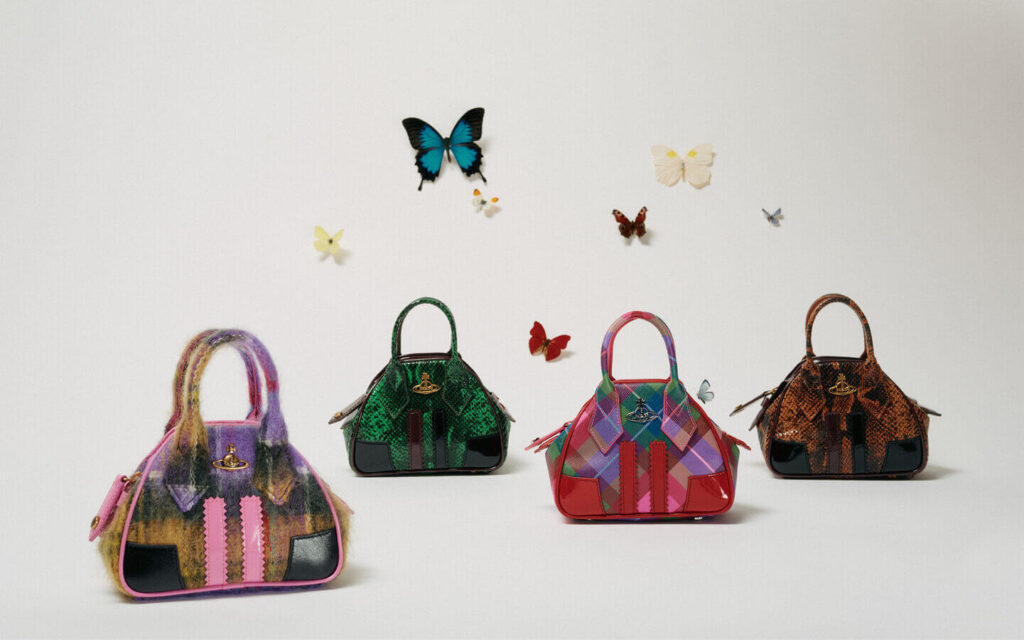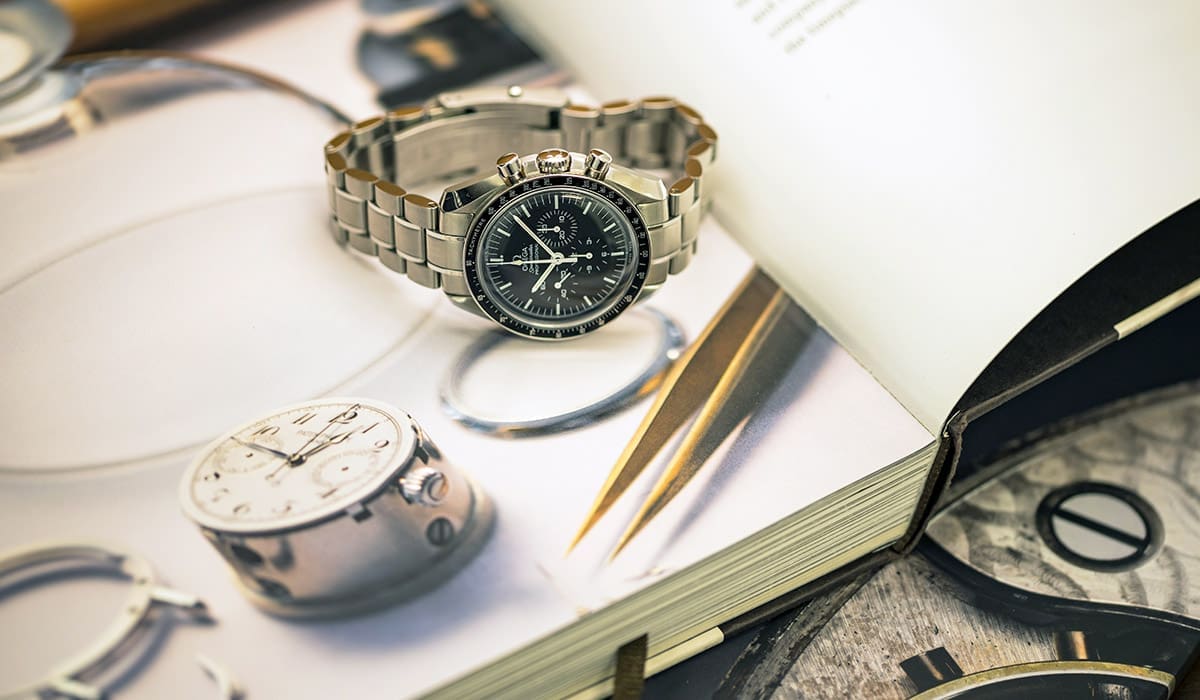South African photographer Kristin-Lee Moolman has gained international recognition for her powerful portraits against surreal, bleached-out landscapes.
But her fashion shoots are about more than sleek silhouettes and couture design. Moolman is using her platform to challenge negative media portrayals of South Africa — and counter the stereotypes perpetuated about her home country.
“Homecoming”
“I felt so much guilt by association of what my people did to other people,” she said. “For a long time, I wanted to get away from being Afrikaans, being White, being South African.”

In 2020, Moolman took part in a virtual photography show, “28 Hats for Lamu.” The photos, featuring eccentric headpieces, celebrate the transformative power of creativity. Credit: Courtesy Kristin-Lee Moolman
Moolman began traveling abroad in the mid-2000s, working on commercial fashion shoots and advertising campaigns. “It was work that emulated what I thought people wanted. There was no soul there,” she said. “I reached the conclusion that I couldn’t make work that I didn’t identify with.”
This wasn’t an overnight revelation, she said, but one that took years: a lengthy mental and emotional “homecoming” as Moolman changed her perspective on what it meant to be South African.
While Moolman describes her lifestyle as “nomadic” — before returning to South Africa for the duration of the pandemic, she was based in Thailand for several months and used to fly frequently around the world for shoots — she now feels at home in South Africa. The landscapes of her work are free of perspective lines, showing yawning desert dunes and stretches of endless sky, reflecting the small towns she grew up in. “Everything coalesced when I made this mental and physical move to be at home,” she said.

Moolman shot non-binary DJ and model Caleb Nkosi for arts and culture magazine Document Journal. Credit: Courtesy Kristin-Lee Moolman
Creating a counter-narrative
Part of Moolman’s struggle with her nationality was a product of what she says was a predominantly negative portrayal of South Africa in the media.
“There’s this strength of character that people don’t show,” she said, a key part of the counter-narrative her work tries to highlight. Staring directly into the camera, Moolman’s diverse subjects are powerful and sculptural against a dreamy, washed-out pastel landscape. This direct gaze helps to neutralize the “predatory voyeurism” inherent in photography, she said.

This is a still from the shoot for “Peau de Chagrin/Bleu de Nuit,” a music video filmed with Belgian-Congolese rapper Baloji. Credit: Courtesy Kristin-Lee Moolman
Showcasing strong women
In recent years, Moolman says she is focused more on women and showcasing diversity. One of the trigger moments for this focus was Moolman’s 2019 shoot with Rihanna, for the superstar’s Fenty line. “Rihanna was one of the first ones (shoots) where I realized, you know what? Women are powerful.”
“I have a tremendous amount of respect for Rihanna, because of her voice in terms of diversity, women, sexuality. I really like her ideology and her view on the world, so to be able to work with her was really cool,” Moolman said.
The 12-minute film, shot and written by Moolman, features an all-female cast in a story infused with African spirituality and queer characters. Moolman, who identifies as queer, is determined to highlight this often-overlooked part of South African identity.
The African photographers pushing visual boundaries
The film also marks Moolman’s move towards filmmaking, an area that she’s been exploring over the last few years. Using film to go deeper into women’s stories, Moolman wants to go beyond the movie trop
e of female characters having to survive trauma such as rape or assault to be considered strong. “There’s always a condition, a reason they became powerful,” she said of the cinematic convention. “It’s never shown that they’re powerful to begin with.”
As the medium for her creativity changes, Moolman says honesty is the most important aspect of her work. “You will never stop evolving, because everything you experience, you assimilate into what you do. So I think my work will continue to change and especially moving into filmmaking more, it’s just a whole new world of things to explore.”





More Stories
Top 10 Cakes Ideas that you must try out – Designs for life
Whites’s IGA officially unveils sixth store at Forest Glen Village Centre
Labor and Material Cost Increases: Planning for your Small Business in 2022